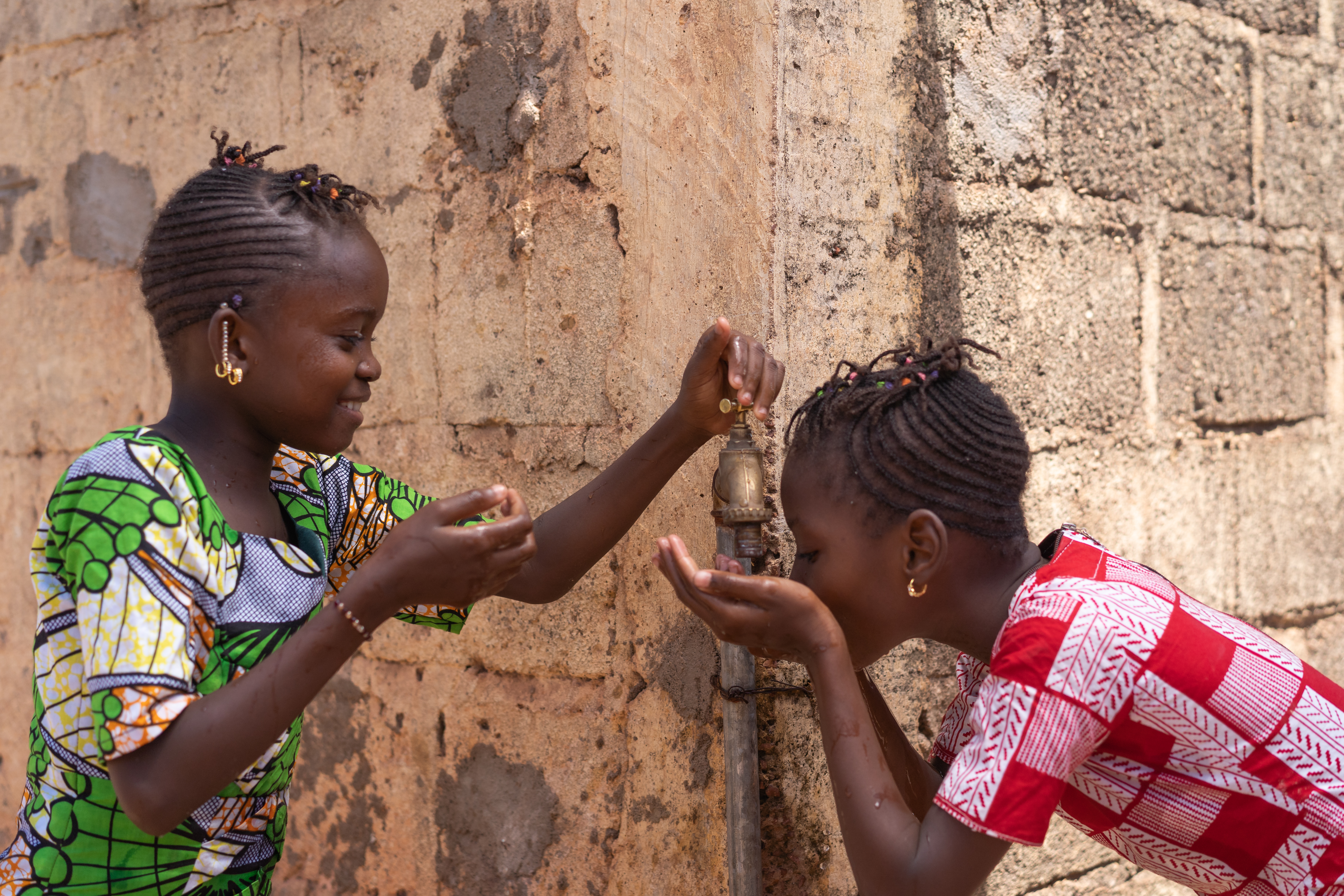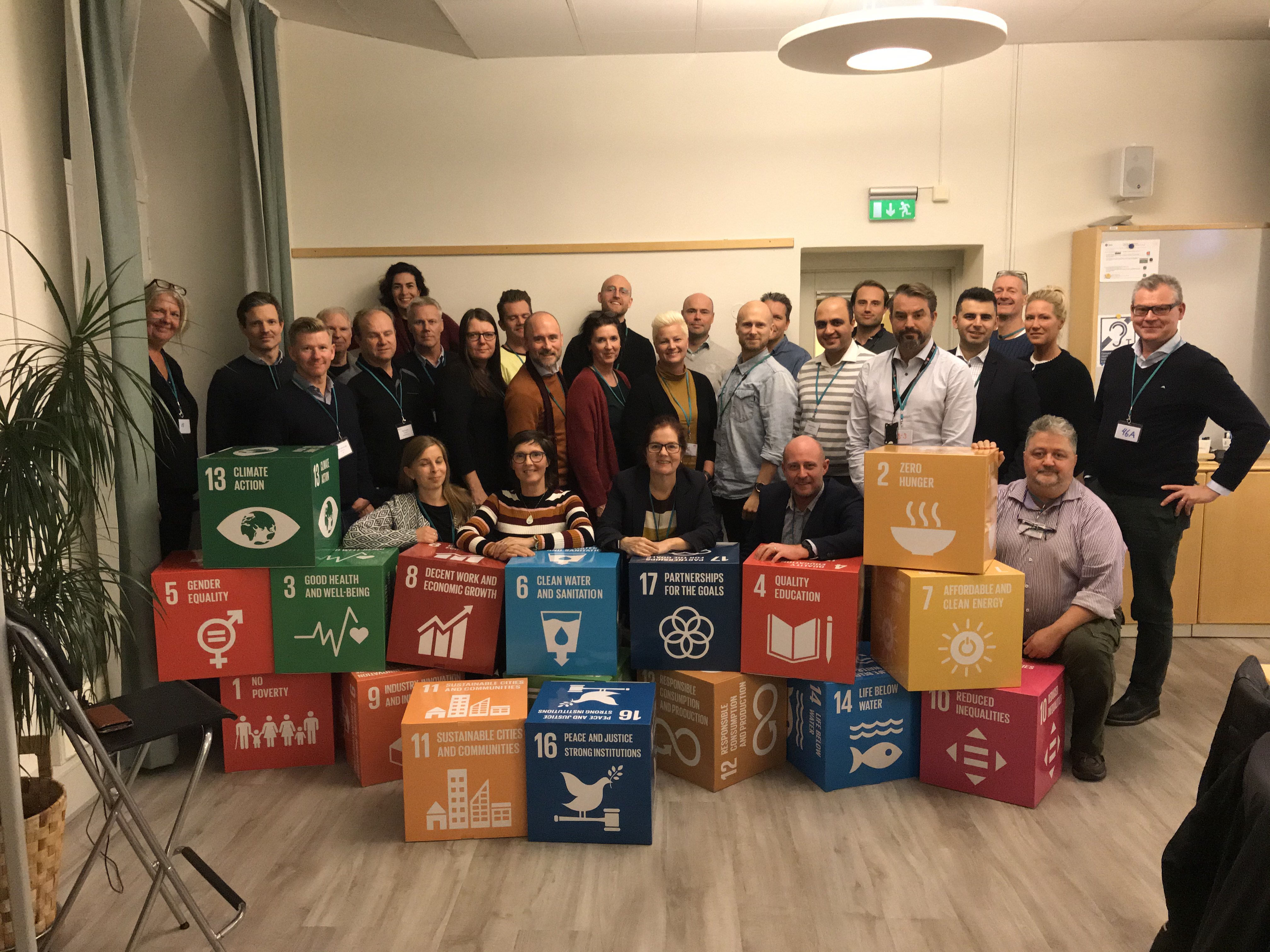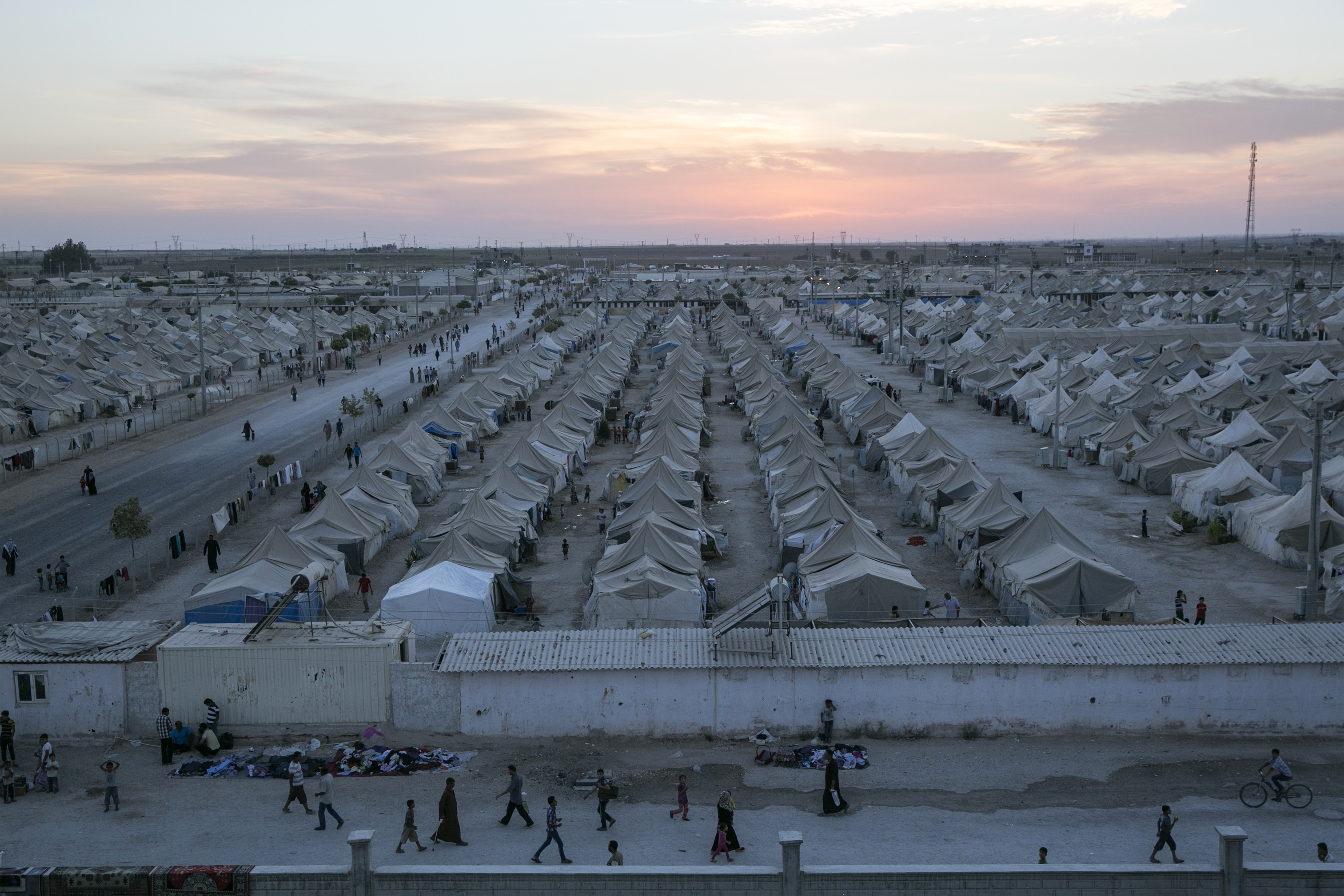About us
Mission: How can we fight poverty, save lives and reduce suffering for the poorest, most vulnerable people? As well as support their will and ability to change their living conditions?
The organization aims to better meet the needs that exist in the most vulnerable places affected by crisis and disaster, such as refugee camps, shanty towns and slum areas. This is done by facilitating and creating better conditions for propelling sustainable innovations and solutions (products and services) in crisis and disaster. This is done through cross-sectoral collaborations and partnerships.
The aim is to bridge structural and cultural differences between aid organizations, business and innovation through new ways of working. The roles and responsibilities of these parties must be clarified. Their cooperation- and business models should also be clarified and for optimal long term operations be linked to regular practices. Therefore a major focus is collaboration – labeled “Partnership” in Sustainable Development Goal 17 in Agenda 2030”.
The mission is to develop an active and cross-sectoral collaboration and knowledge forum in order to create synergies between partners from different parts of society by offering:
• Exchange of relevant knowledge and experience
• An active network for participating partners
• A forum for making contacts
• Active work for future collaboration, match-making and joint synergies
• Ongoing offers for various so-called collaboration services

Forum
The organization offers participants involment in a cross-sectoral collaboration and knowledge forum, where all the parties involved share their knowledge and experience based on the goals and responsibilities of their organizations. In doing so participants contribute to, and develop, the process in the program at different levels within and between respective organizations in a ”supply chain”. We do this through offering:
Collaboration Services:
- Regional information meetings
- Network meetings, informal meetings, dialogues
- Working groups in different areas
- Workshops: including seminars, training courses, lectures
- Exercises and pilot tests
- Delegations and trade fairs and International meetings
- Newsletters
- Social media such as Facebook and Linkedin

Ongoing problems in the world
- The world is seeing an increased technological development but this will not benefit the poorest and most vulnerable
- Presently the market for crisis and disaster is relatively difficult to access
- The organization needs to get away from today’s silo mentality and work towards creating synergies between various relevant parties
- Designing sustainable solutions requires a holistic approach as well as systems thinking
- Innovators and small businesses often have neither the understanding for the recipients of aid nor sufficient knowledge about this market
- There are several global financial initiatives that aim to promote innovative solutions for the humanitarian market but it is difficult for a small business to seek funding from them on their own


Do you want this information as a pdf?
Download it here: Sustaid_info_english
